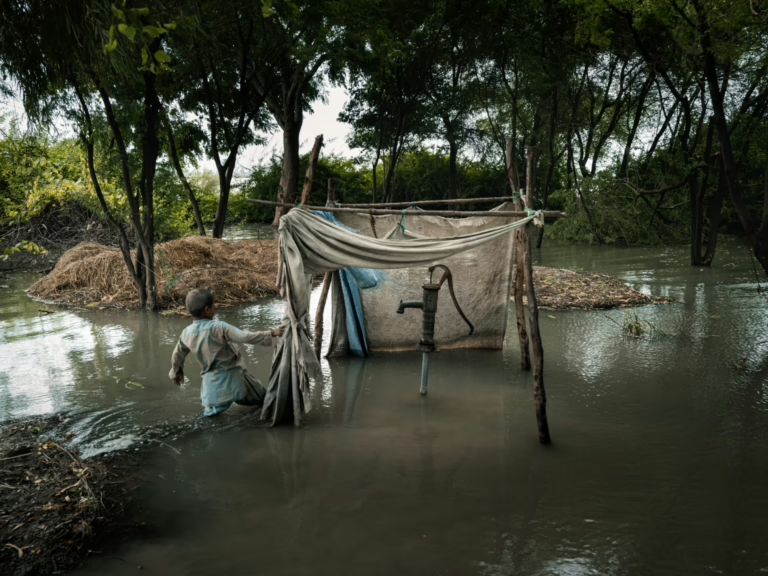Open letter calls on UN climate summit in Brazil to address the financial impacts of climate change, colonialism, and slavery.
A coalition of hundreds of environmental advocates and human rights organizations has issued a letter urging the forthcoming UN climate summit, COP30, scheduled in Brazil, to prioritize justice and reparations for communities disproportionately harmed by the climate crisis, as well as the enduring effects of colonialism and slavery.
Among the endorsers are Brazil’s Instituto Luiz Gama and the Caribbean Pan African Network (CPAN), who on Friday emphasized the necessity to “amplify the voices of Africans, Afro-descendant populations, and Indigenous Peoples” during the conference, set to take place in Maloca within the Brazilian Amazon from November 10 to 21 this year.
“We demand accountability for nations and peoples who have historically contributed the least to global warming yet bear the brunt of its consequences,” the letter states.
The activists urge Brazil, as the host nation, alongside other organizers, to explicitly connect climate justice with reparations addressing the “historical and ongoing legacies of colonialism and slavery.” They highlight Brazil’s unique position as home to the largest African-descended population outside Africa and one of the world’s most significant Indigenous communities.
The letter references recent advisory rulings from the International Court of Justice (ICJ) and the Inter-American Court of Human Rights, both underscoring the heightened vulnerabilities faced by Indigenous and Afro-descendant groups.
Importantly, the ICJ affirmed that industrialized countries bear a legal responsibility to lead climate action due to their disproportionate historical emissions.
While wealthy nations pledged support to developing countries for climate adaptation under the 2015 Paris Agreement, the financial commitments fall far short of the $1.3 trillion that developing nations estimate is necessary to address loss and damage from escalating climate disasters.
At last year’s COP29 in Baku, Azerbaijan, negotiators agreed on a $300 billion target for Loss and Damage funding to assist vulnerable countries in coping with climate impacts.
This amount marked an increase from the previous $100 billion pledge by affluent countries but still fell $200 billion short of the $500 billion sought by 134 developing nations at last year’s summit.
The renewed call for reparations coincides with a global rise in extreme weather events, placing immense financial strain on vulnerable countries.
For instance, Pakistan continues to battle devastating floods this year, following catastrophic flooding in 2022 that inflicted approximately $14.8 billion in damages and $15.2 billion in economic losses, pushing nearly nine million people into poverty, according to the Climate Risk Index.
Recent studies by European institutions and the European Central Bank reveal that climate change is already fueling surges in food prices, including recent increases in the cost of Brazilian coffee and Ghanaian cocoa.
Additional signatories to the letter include the Global Afro-descendant Climate Collaboration for Climate Justice, Uganda’s youth-led group Resilient 40, Trinidad and Tobago’s Emancipation Support Committee, and the HBCU Green Fund from the United States.
Colombia’s environment minister has publicly endorsed the letter, which is slated for submission to both the Brazilian government and the United Nations next week.
Calls for reparations related to colonial exploitation and slavery, which have persisted for centuries, are gaining renewed traction globally. However, opposition is also intensifying, with detractors arguing that contemporary governments and institutions should not be held accountable for historical injustices.
Anielle Franco, Brazil’s minister of racial equality, told Reuters last year that the historical injustices have long been ignored by those in power, and that reparations are essential for “constructing a more equitable and dignified future.”

















